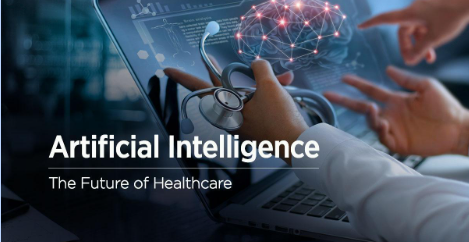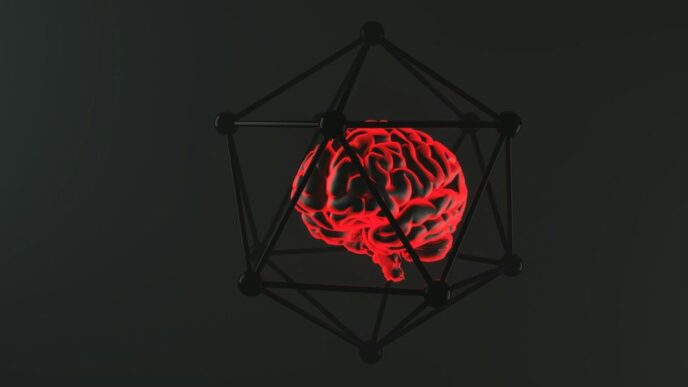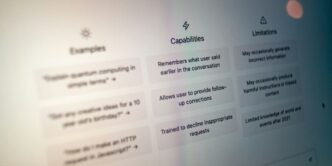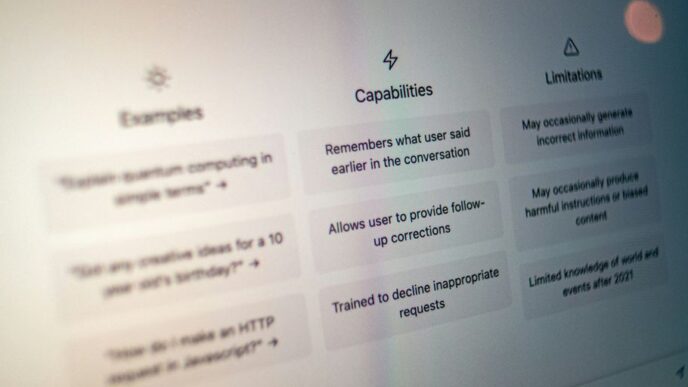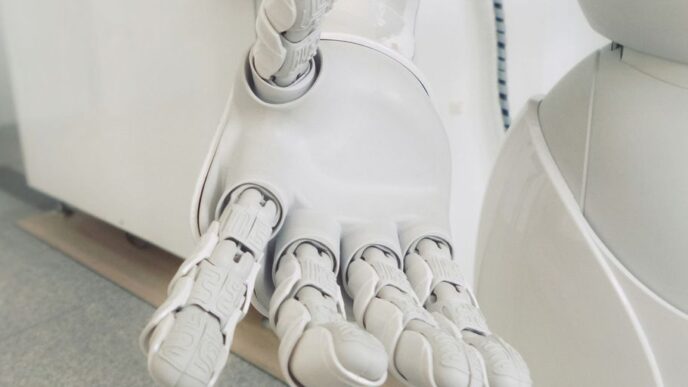Recent advancements in healthcare owe much of their success to technological integration. Medical breakthroughs have extended global life expectancies, but the aging population brings challenges like heightened service demand, escalating costs, and workforce limitations. Factors such as aging demographics, increased chronic illnesses, and enhanced treatments contribute to these pressures. The evolving landscape demands a shift from episodic care to proactive, long-term management for complex patient needs.
To address these challenges, essential changes are needed. Healthcare systems must grapple with rising patient numbers and limited resources. Artificial Intelligence (AI) emerges as a potential solution, promising to redefine healthcare by enhancing patient outcomes, care efficiency, and practitioner well-being. It also offers cost-reduction opportunities through streamlined processes and improved outcomes.
AI use cases in healthcare
AI has redefined the healthcare landscape, offering many disruptive applications. These technologies uniquely reshape diagnostics, treatment, research, and patient care.
Below are various AI use cases that are driving innovation across the healthcare industry:
- Disease diagnosis and detection: AI can analyze medical images such as X-rays, MRIs, and CT scans to assist doctors in diagnosing diseases like cancer, identifying anomalies, and detecting early signs of chronic illnesses.
- Drug discovery and development: AI algorithms can analyze vast datasets to identify potential drug candidates, predict their efficacy, and even optimize molecular structures, significantly accelerating the drug discovery process.
- Clinical decision support: AI-powered tools can help practitioners make well-informed decisions by analyzing patient data, medical history, and current clinical guidelines to recommend personalized treatment plans.
- Personalized medicine: AI enables tailoring medical treatments to an individual’s genetic makeup and specific health characteristics, leading to more effective and targeted therapies.
- Health monitoring and wearable devices: Wearable devices equipped with AI can continuously monitor vital signs, activity levels, and other health metrics, alerting users and healthcare providers to potential issues.
- Electronic Health Records (EHR) management: AI can improve the accuracy and efficiency of EHR systems by automating data entry, suggesting codes, and extracting relevant information from unstructured medical records.
- Virtual health assistants: AI-powered chatbots and virtual assistants can provide patients with information, answer queries, schedule appointments, and even offer basic medical advice. Generative AI can create medical reports and clinical notes to aid in documentation.
- Remote patient monitoring: AI-enabled devices and platforms allow practitioners to remotely monitor patients with chronic conditions, ensuring timely interventions and reducing hospital readmissions.
- Radiology image analysis: AI algorithms can analyze radiology images for anomalies, improving accuracy and speed in detecting conditions like tumors, fractures, and neurological disorders.
- Simulation of disease progression: AI can simulate disease progression over time, aiding researchers and clinicians in understanding how diseases evolve and planning interventions.
These combined efforts showcase the disruptive potential of AI in healthcare practices, ultimately leading to better patient outcomes and enhanced medical solutions.
Impact of AI in healthcare: Disruptive examples
AI has reshaped healthcare with its data-crunching expertise, significantly impacting diagnostics and care delivery. By sifting through vast medical datasets, AI brings sharper and faster diagnoses, especially for complex conditions. Notable instances of AI success in healthcare include:
IBM Watson Health: This AI marvel utilizes natural language processing and machine learning to craft tailored treatment plans. It aids cancer patients with personalized strategies and preemptively foresees health issues.
Google DeepMind: Employing deep learning, DeepMind refines treatments based on extensive data analysis. It’s been pivotal in personalized care for kidney disease and predicting ICU patient outcomes.
Zebra Medical Vision: Harnessing deep learning, Zebra focuses on accurate diagnoses through medical images. It’s proficient in spotting potential breast cancer in mammograms and osteoporosis in X-rays.
Babylon Health: As an AI-powered virtual assistant, Babylon engages patients with tailored health guidance using natural language processing. From virtual consultations to chronic condition management, it enhances patient care.
AliveCor: A heart health champion, AliveCor employs deep learning for ECG data analysis and individualized treatment strategies. Its prowess lies in identifying possible heart issues and fostering heart health.
IDx-DR: Targeting diabetic retinopathy screening, IDx-DR’s deep learning mastery scrutinizes retinal images for precise diagnoses. It elevates patient outcomes by catching potential diabetic retinopathy cases.
Final words
Recent healthcare progress owes much to technology, but challenges persist with an aging population, demand surge, and resource limits. AI development services emerge as a solution, elevating patient outcomes, operational efficiency, and practitioner well-being. Examples like IBM Watson’s tailored cancer plans and Zebra Medical Vision’s image analysis underscore the real-world influence of AI development services. The implementation of AI development services in healthcare goes beyond fiction, enabling earlier and more accurate diagnoses, personalized treatment plans, and even predictions about potential health risks. This progress portrays how AI development services are changing the way medical treatments are done, removing obstacles, and promising a better and healthier tomorrow.

